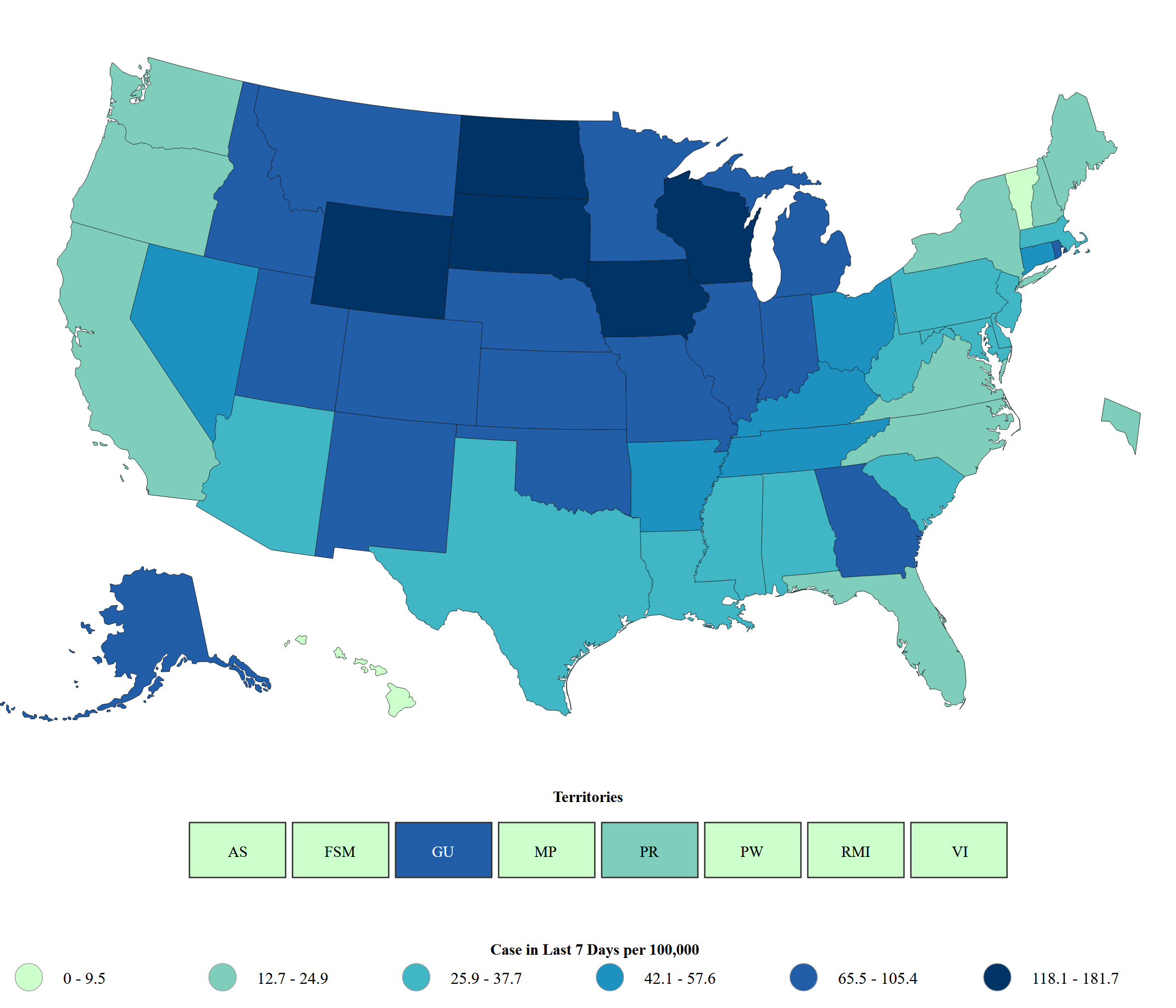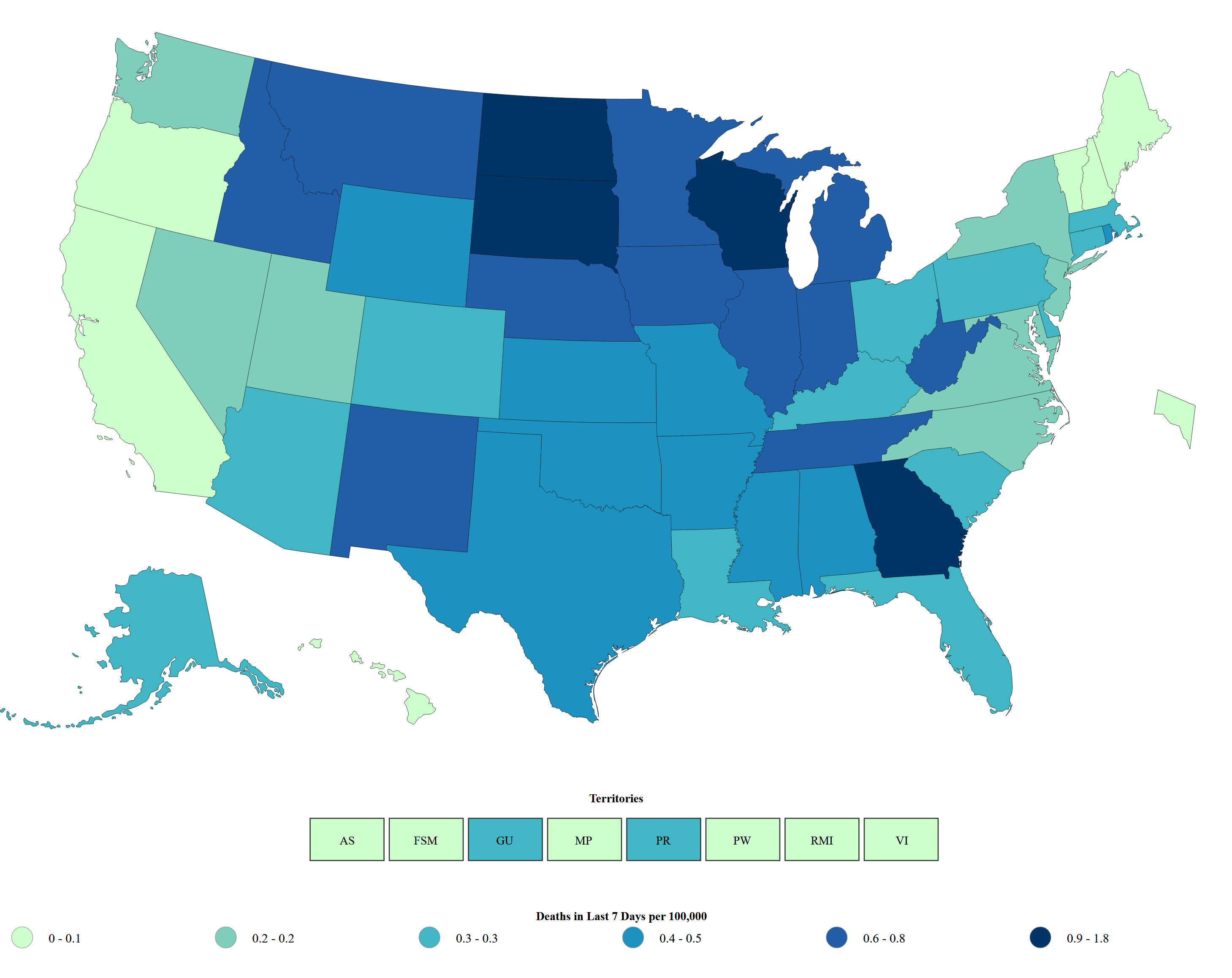Daniel Ravicher started and runs a successful entrepreneurship clinic (the “Startup Practicum”) at the University of Miami School of Law. His office happens to be in the same pod as mine, so back in the days when people saw people I would see him from time to time. Like an increasing number of the people who teach students in law these days, Ravicher is not a tenured member of the faculty, and indeed was not hired for his scholarship. Instead he was hired for his skills, and has a term renewable contract.
He’s recently taken to social media – and even Fox TV – to claim he’s been fired for his pro-Trump tweets and other speech, or is about to be, or may not have his contract renewed when it expires. As far as I have been able to ascertain, at least the first two of these claims are simply false. The fate of the third lies well in the future.
While Ravicher has behaved badly – lying about your employer counts as behaving badly in my book – the University has, with one exception (discussed rather far below) [Update: as described in more detail below, according to the Dean, even this wasn’t anywhere as bad as the story that had been going around], behaved quite well, and held, so far at least, to its fundamental commitments to academic freedom.
But first, some lengthy background.
1. The Applicable Rules
The University of Miami, which has substantial powers to dictate rules regarding the terms of faculty employment to the law school, has an extensive Faculty Manual, which describes various rights and duty of the faculty. As regards freedom of speech and academic freedom, the Manual makes no distinction between tenured and non-tenured faculty, although its provisions do not in many cases apply to “staff” who are hired in a different manner and in some cases have fewer rights against dismissal for various reasons.
The UM Faculty Manual provides in § C.8 that
“Faculty members shall have full freedom of expression as teachers, researchers, scholars, and/or artists; this includes freedom to present their work, to advocate solutions to human problems, and to criticize existing institutions. This freedom does not abrogate faculty members’ responsibility to perform their academic duties or obligations they may have assumed in accepting support for research. Research activities are also subject to University policies such as those on patents, copyrights, and inventions as set forth in the Faculty Manual.
“Faculty members shall have freedom in the classroom in discussing the subject but should avoid persistently introducing material that has no relation to that subject.
“When speaking or writing as members of society, faculty members retain all the rights shared with other members of society and shall be free from University censorship or discipline. It should be remembered that the public may judge a profession and the University by public utterances by faculty members. Faculty members thus should make every effort to indicate whether they are acting as spokespersons for the University or are speaking in a private capacity.”
That is a nice statement, and a pretty absolute rule. But wait, there’s more. Continue reading →
 Germans — notorious for being hardworking — are told to adopt the ‘stay lazy at home’ mentality to defeat COVID. Here’s another COVID public service ad running in Germany:
Germans — notorious for being hardworking — are told to adopt the ‘stay lazy at home’ mentality to defeat COVID. Here’s another COVID public service ad running in Germany:


 U.S. Constitution Article II, Section 3, cl. 2 is having its moment in the sun. This clause says that the President
U.S. Constitution Article II, Section 3, cl. 2 is having its moment in the sun. This clause says that the President At times like these, we need America’s Finest News SourceTM:
At times like these, we need America’s Finest News SourceTM: